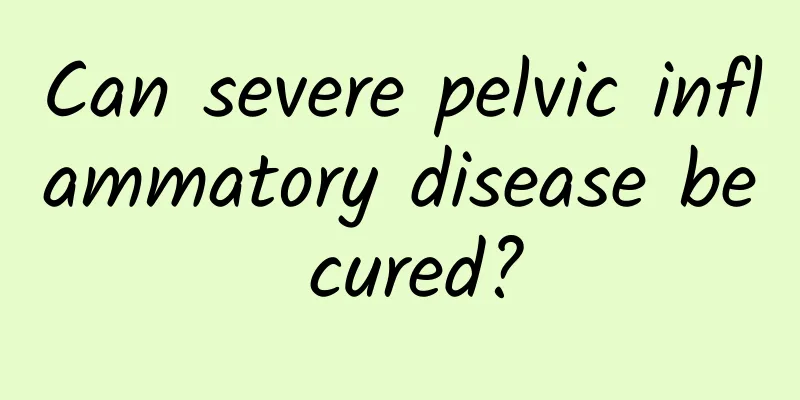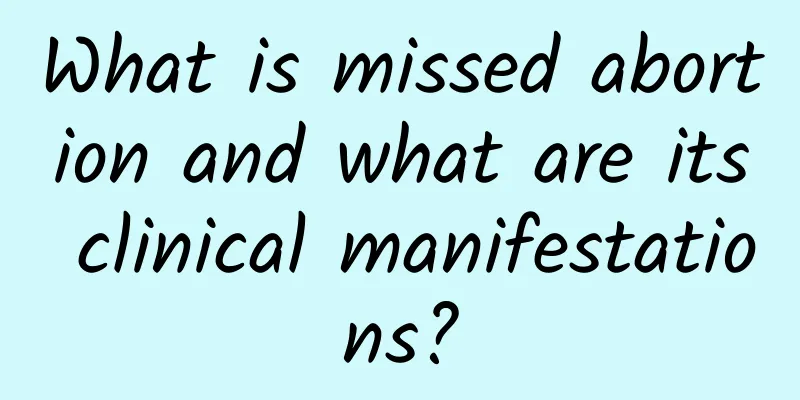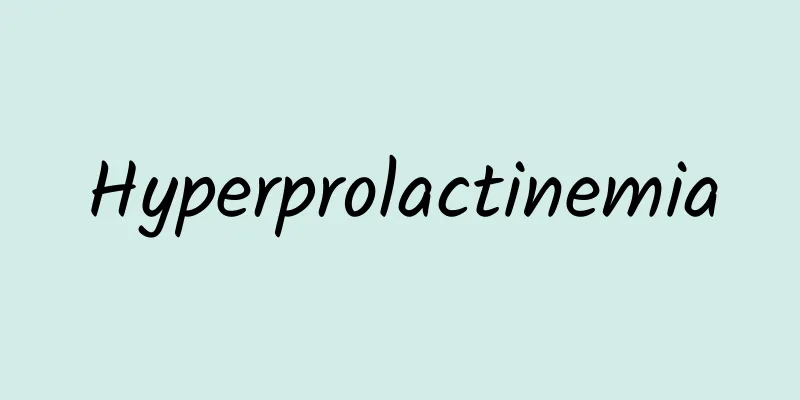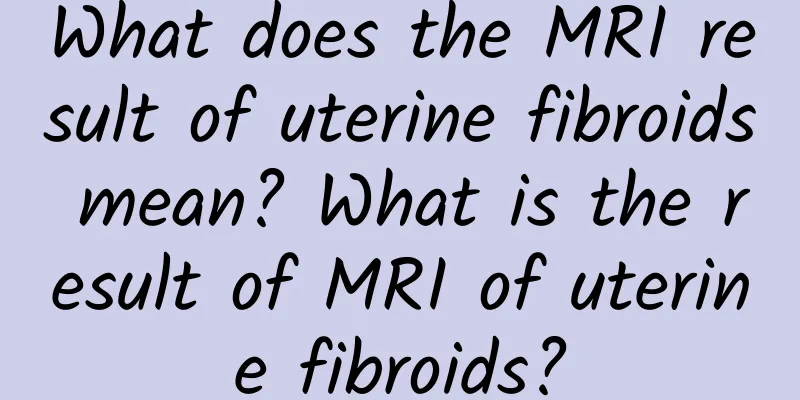Can severe pelvic inflammatory disease be cured?

|
When many women find themselves suffering from gynecological diseases, they worry that treatment will increase their burden on life, so they refuse treatment with a fluke mentality, which eventually leads to worsening of the condition. So, can severe pelvic inflammatory disease be cured? Pelvic inflammatory disease refers to inflammation of the female pelvic reproductive organs, connective tissue around the uterus and pelvic peritoneum. It refers to inflammation of the female upper reproductive tract and its surrounding tissues, mainly including endometritis, salpingitis, tubo-ovarian abscess, and pelvic peritonitis. It can be divided into acute and chronic pelvic inflammatory disease. When it occurs, lower abdominal pain is accompanied by fever. If the condition is serious, there may be chills, high fever, headache, and loss of appetite. If the disease occurs during menstruation, there may be increased menstrual flow and prolonged menstruation. If the disease occurs during non-menstrual period, there may be increased leucorrhea. If there is peritonitis, there will be digestive system symptoms such as nausea, vomiting, abdominal distension, diarrhea, etc. If an abscess is formed, there may be a lower abdominal mass and local compression and irritation symptoms; if the mass is located in the front, there may be bladder irritation symptoms such as dysuria and frequent urination. If it causes cystomyositis, there may also be urinary pain. Many women do not take this seriously, so they do not seek timely treatment. In fact, this mentality is because they do not realize the harmfulness of pelvic inflammatory disease. Pelvic inflammatory disease can cause adhesion of the inner mucosa of the fallopian tube due to inflammation, causing the lumen to narrow or close. This will hinder the passage of eggs, sperm or fertilized eggs, leading to infertility. Severe pelvic inflammatory disease can spread to the pelvic peritoneum, uterus and other tissues, eventually leading to widespread adhesion of these organs and tissues. Severe pelvic inflammatory disease increases the difficulty of treatment, but as long as the patient actively cooperates with the doctor's treatment, chooses the appropriate treatment method according to his or her own condition, pays attention to personal health care in daily life, performs appropriate exercises, and strengthens resistance, I believe it can still be cured. |
<<: Characteristics of ovarian cysts
Recommend
What are the symptoms of cervical erosion?
If you want to cure cervical erosion better, you ...
How to check for threatened abortion
How to check threatened abortion? For all expecta...
Some effective nursing measures for pelvic inflammatory disease need to pay attention to hygiene
Pelvic inflammatory disease has many hazards, and...
What is the medical treatment for pelvic inflammatory disease?
What is the drug treatment for pelvic inflammator...
Can pathological pelvic effusion be cured?
The treatment of pelvic effusion is actually the ...
Experts explain what are the symptoms of adnexitis
Many people know about the gynecological disease ...
Experts teach you how to correctly identify chronic adnexitis
Clinically, due to the slow onset of chronic adne...
Can ectopic pregnancy be prevented?
Can ectopic pregnancy be prevented? To understand...
What are the causes of vulvar itching?
Vulvar pruritus is a common phenomenon in many wo...
What are the symptoms of endometriosis?
Endometriosis is a common gynecological disease i...
What are the symptoms of dysmenorrhea?
Dysmenorrhea is experienced by many female friend...
4 treatments for vulvar leukoplakia
Vulvar leukoplakia is a chronic malnutrition of t...
What causes irregular menstruation?
What are the causes of irregular menstruation? So...
Introduction to some specific knowledge on the treatment of ovarian cysts
For the treatment of early ovarian cysts, it is v...
Does Chinese medicine have an effect on amenorrhea?
Traditional Chinese medicine can have an effect o...









